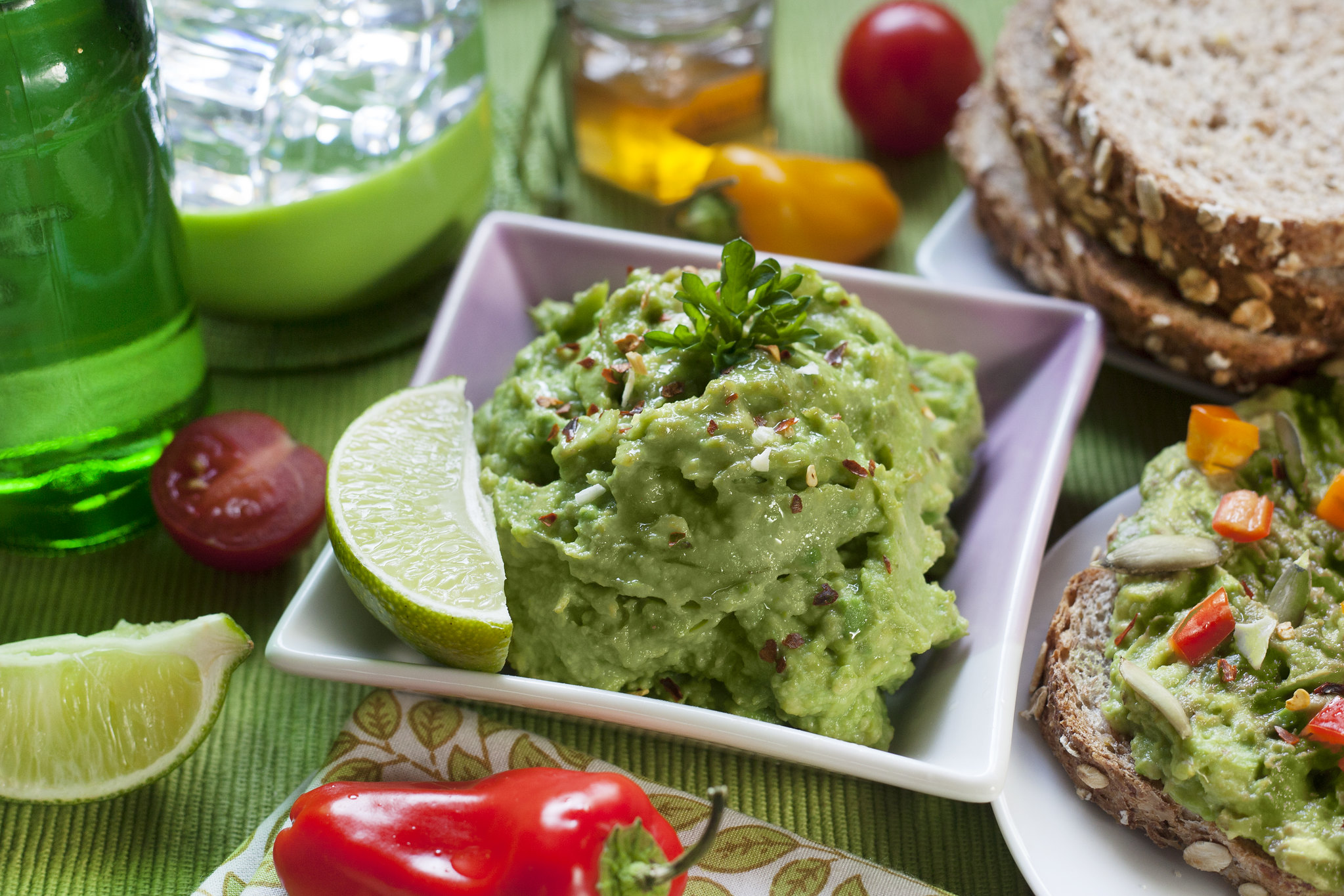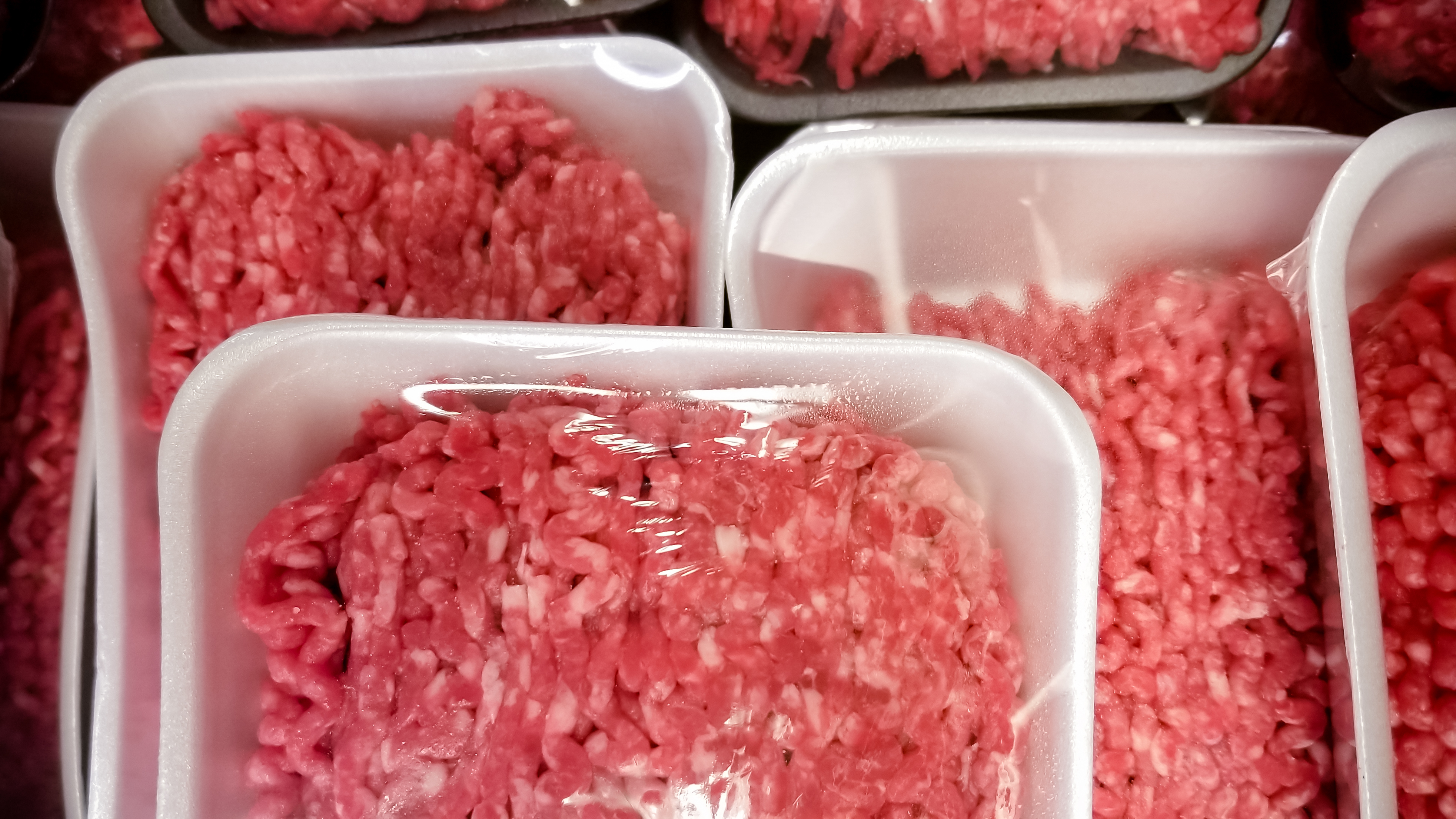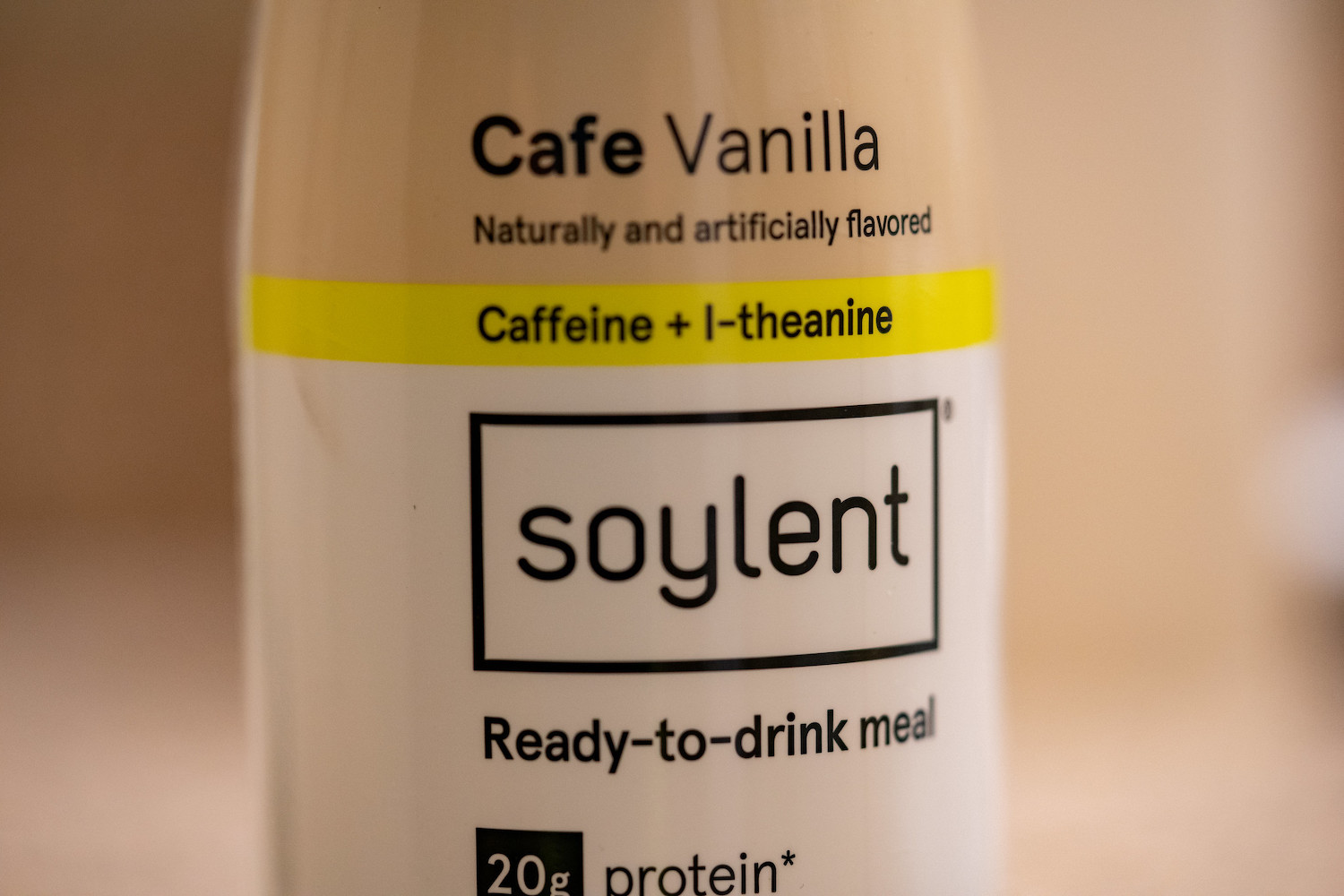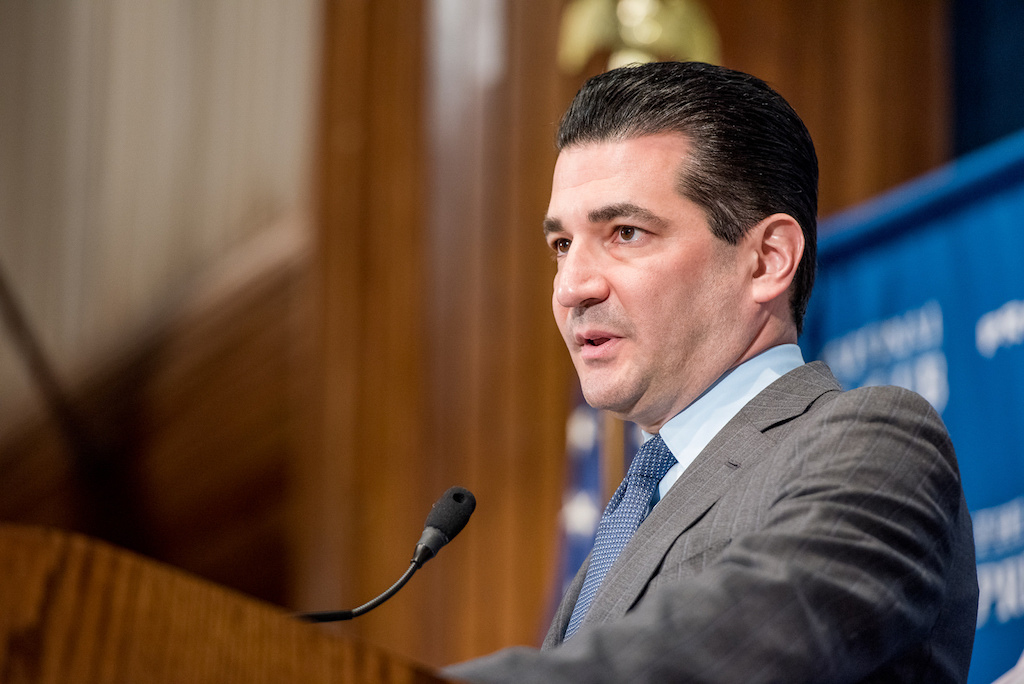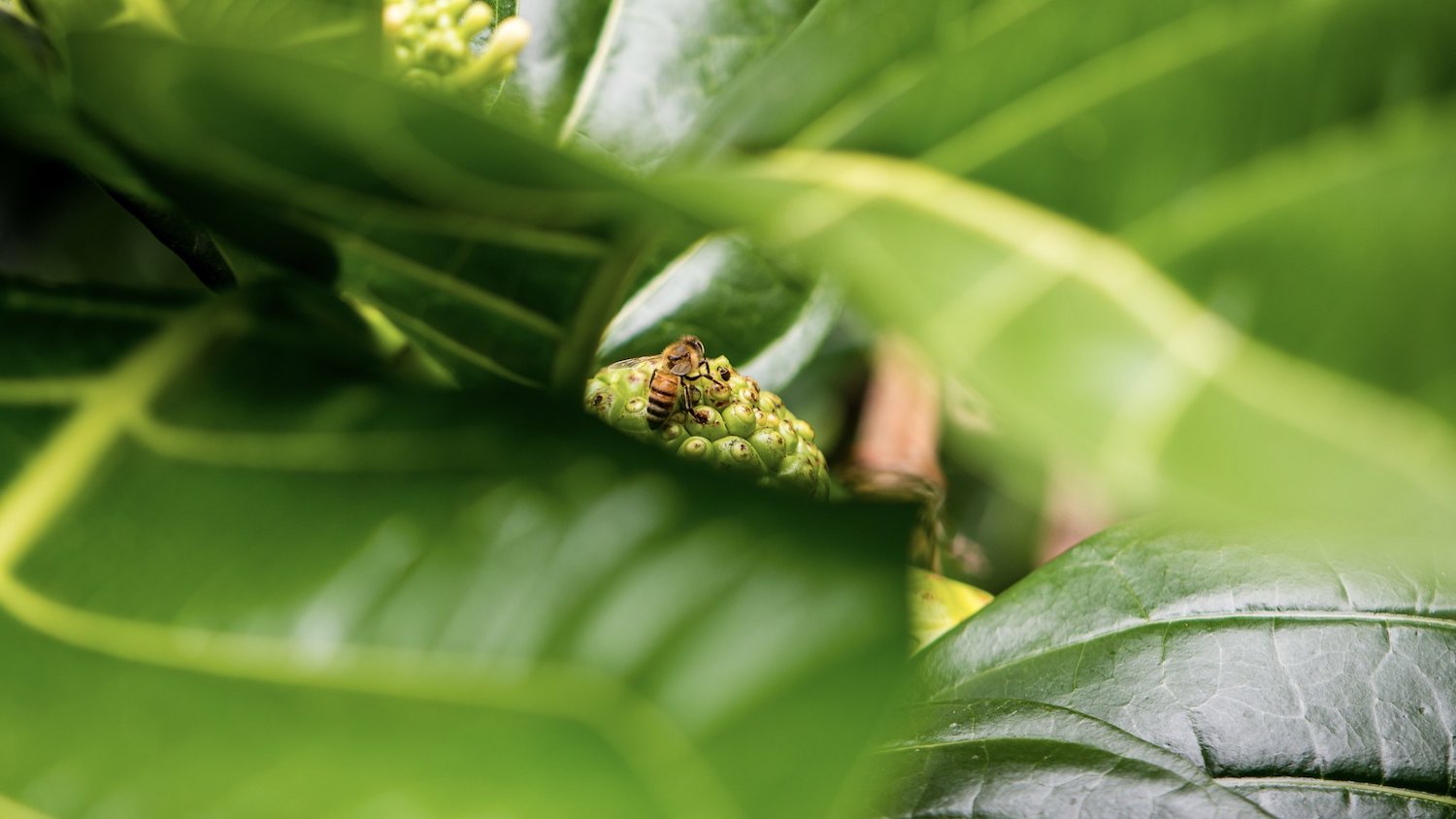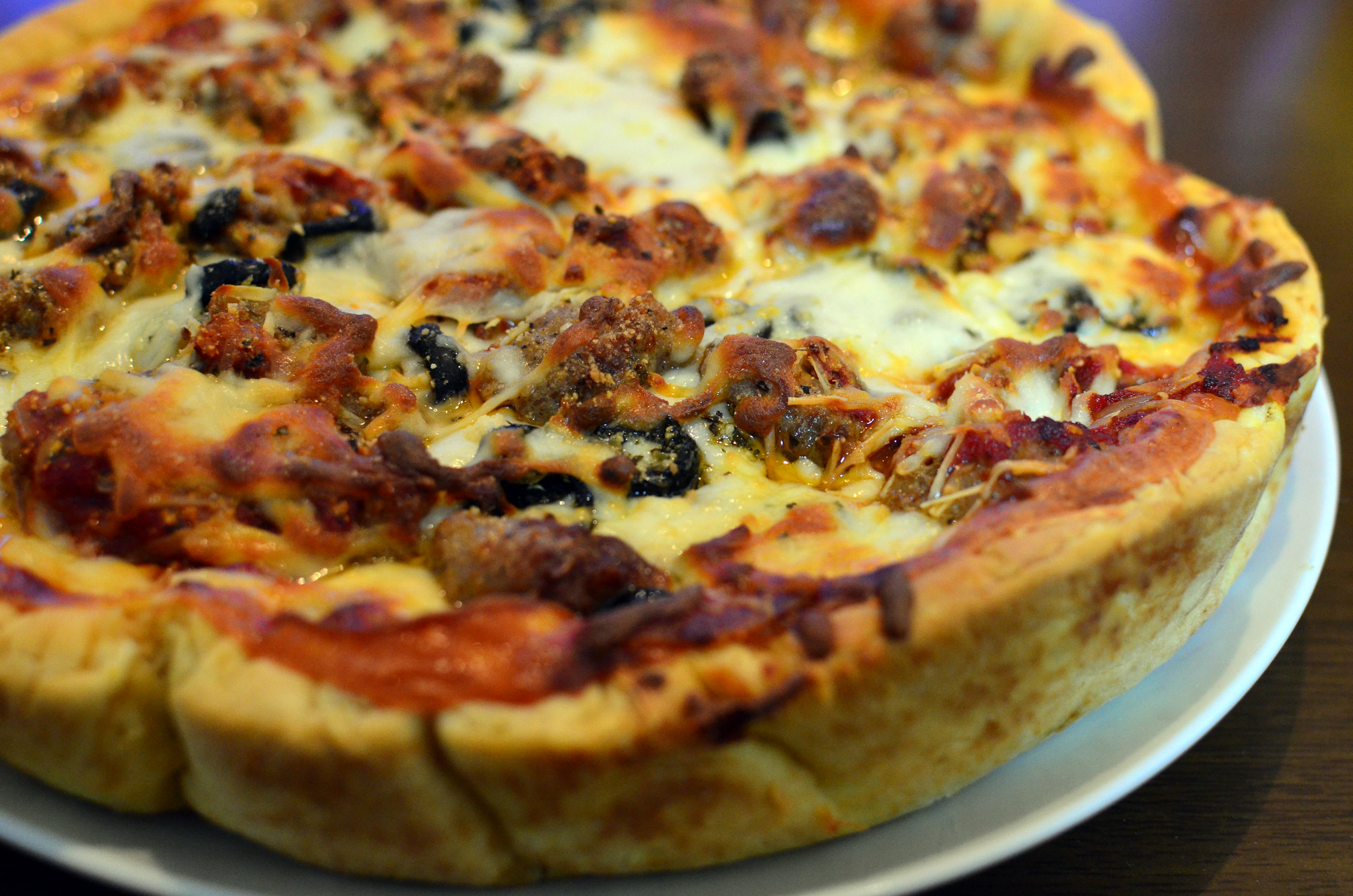This is the web version of a list we publish twice-weekly in our newsletter. It comprises the most noteworthy food stories of the moment, selected by our editors. Get it first here.
Secret recipe. In case you haven’t heard, avocados are really expensive right now. According to NPR, the price has tripled since this time last year. And that means some of your guacamole is fake. Yes, fake! As in: Made with squash, no avocados needed. After a viral video revealed the recipe for a budget version of the runny guacamole you can find at taquerias, writer Javier Cabral tried a version of faux-guac for L.A. Taco. The result: Almost indistinguishable from the real deal.
Wind and wilt. We’ve written many times about the pesticide dicamba and its nasty tendency to drift from one field into another, damaging non-genetically modified soybeans along the way. And while Bayer (which recently acquired Monsanto) continues to insist that dicamba doesn’t drift unless it’s sprayed improperly, research scientists at land grant universities are starting to see their test plots ruined, NPR reports.
Sugar high revenue. In 2017, the city of Seattle passed a soda tax that was supposed to increase funding for services dedicated to low-income communities and communities of color—an effort to make up for the fact that soda taxes are inherently regressive. In a recently proposed budget, however, Seattle Mayor Jenny Durkan tried to use soda tax revenue to replace general funding for human services, rather than increase it. This would free up general funding for other priorities—and betray the original mission of the soda tax. After some heated local politicking this past weekend and Monday, the city council passed veto-proof legislation that explicitly bars soda tax money from replacing general funds going forward. Whew. Independent journalist Erica C. Barnett has the full low-down here.
Midtown war correspondent. The New York Times sent one of its reporters out to deliver food for a few days, for a bit of street-level, first-person narrative content. Along the way, the scribe-turned-deliveryman (that’s what he calls himself, though we’d favor something more gender-neutral) learns valuable lessons about the gig economy, the terror of biking through Manhattan, and how hard it is to make this line of work lucrative. Our favorite part may be the frenetic video embedded throughout the piece, giving the reader some ambient anxiety to carry through the day.
SMDH. Last week, a Pennsylvania school district made headlines for sending a threatening letter to families, suggesting that parents who didn’t resolve outstanding lunch bills could have their children put into foster care. The message was part of an attempt to address over $20,000 in lunch debt at the Wyoming Valley West School District. Amid the uproar over the (largely empty) threat, the CEO of Philadelphia-based coffee chain La Colombe offered to pay off the debts incurred—but was rejected by the school board president, The Philadelphia Inquirer reports. This is the latest in a series of high-profile stories detailing how lunch debt can pose undue burdens on students and families. Next year, under a federal lunch program for low-income areas, the district will begin offering free meals to all students.
Tofurky rights. This week, the makers of iconic faux-meat Tofurky sued the state of Arkansas for restrictive labeling laws that go into effect tomorrow. According to U.S. News and World Report, the lawsuit was filed in conjunction with the ACLU, claiming the laws are a free speech issue. As more and more states pass laws around what can be called meat, expect more lawsuits to follow.
